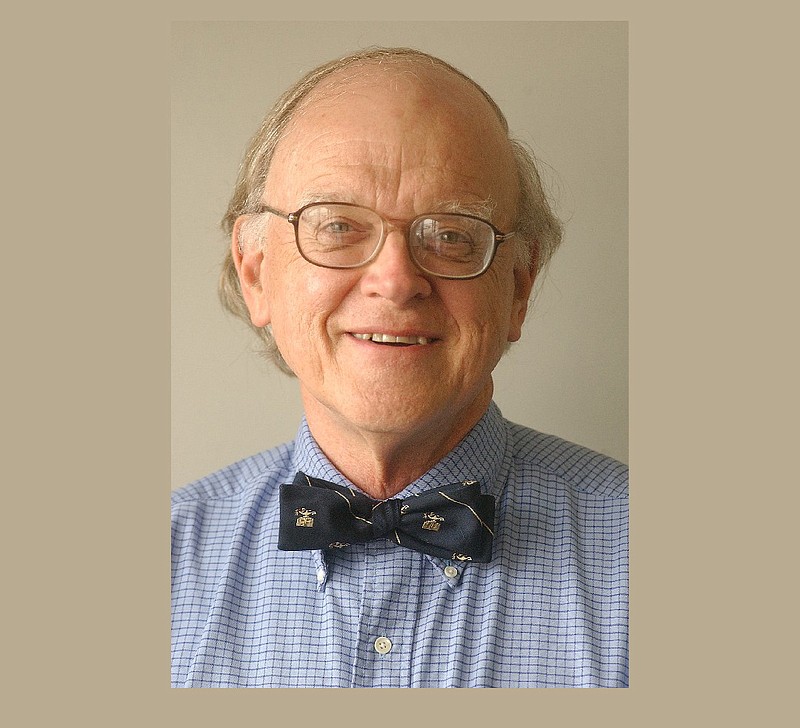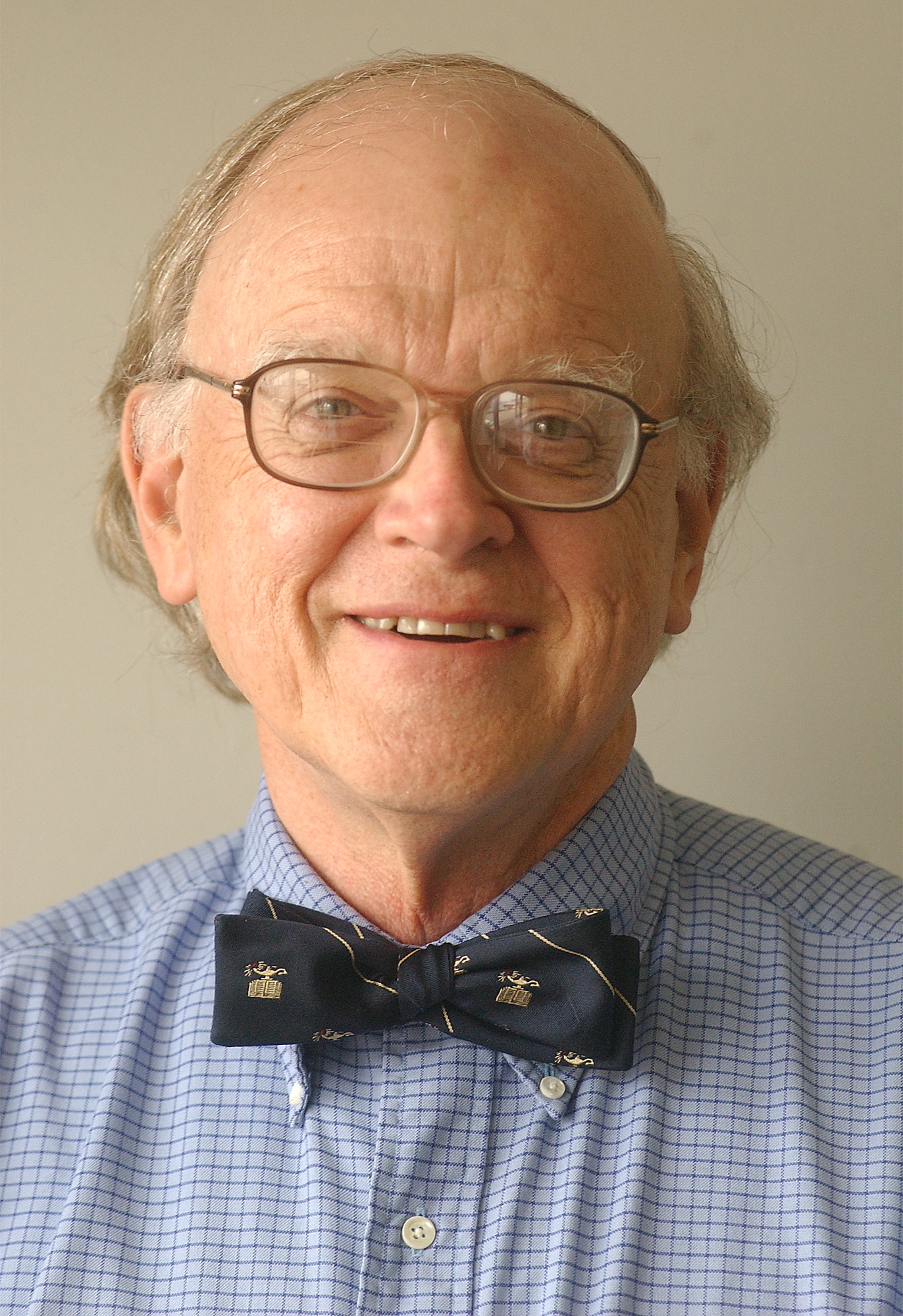In the early morning hours of Aug. 21, rockets slammed into the suburbs of Damascus, Syria, which were occupied by opponents to the regime of President Bashar al-Assad. Pictures document the release of whitish clouds of chemicals.
Adults and children in the immediate area of impact collapsed; many died on the spot, others in aid stations. At least 1,000 victims succumbed. First responders who did not have protective gloves and clothing suffered similar fates. Clinical evidence points strongly to sarin, a nerve gas, as the gaseous weapon deployed.
Poisonous gases had been used sporadically in the late 19th century. In 1899, the Hague Gas Declaration banned the military use of poison gases. Many nations signed the accord. The U.S. Senate opposed the resolution, citing interference with national sovereignty.
Both sides used poison gases in World War I. Chlorine gas, which causes death through severe damage to lungs, was released by German forces in the Battle of Ypres. By war's end, all major participants had employed chlorine, mustard gas, which caused severe blistering of skin and could blind victims, and phosgene, a slower-acting, odorless gas that caused suffocation through lung injury.
The Treaty of Versailles of 1919 banned the future use of poison gases in warfare. The U.S. did not sign the treaty because of its inclusion in the establishment of the League of Nations. We also refused to sign the 1925 Geneva Protocol, banning the use, but not the stockpiling, of chemical weapons.
International "custom" kept the substances on the military sideline until Japan invaded China in the late 1930s. Phosgene was repeatedly used against Chinese soldiers. Although both sides stockpiled chemical agents in the European war zones of World War II, neither employed the materials.
Nerve gases were initially developed as insecticides. These chemicals act by causing persistent stimulation of vital parts of the nervous system. Normal substances released by our bodies serve as an "on-off" switch for nervous stimulation at these sites. Nerve gases disable the off switches. Consequently, persons exposed to nerve gas exhibit excessive nasal and bronchial secretions, pinpoint pupils, abdominal distress and often incontinence. Death ensues from paralysis of respiratory muscles.
Sensing the promise of nerve gases in war, military researchers developed a "G-series" of fast-acting, non-persistent chemicals, with sarin being the best known. It is odorless, tasteless, can be absorbed through the lungs, the digestive tract and the skin. Prompt washing of the skin is an important initial therapy as is removal of victims to fresh air and breathing support. Atropine, a long-established drug, is a useful antidote if administered promptly.
Aware of the new horrors of chemical weapons, international diplomats in 1977 pressed for an amendment to the Geneva Protocol on them. The U.S. signed the agreement, but again, Congress did not ratify it.
Chemical weapons, certainly mustard gas and possibly nerve gases, were employed in the Iran-Iraqi War of 1980-88. This acted as a stimulus for the 1993 Chemical Weapons Convention, which banned both production and stockpiling of chemical weapons. The protocol also called for the systematic destruction of existing stores of the gases.
The agreement is administered by the Organization for the Prohibition of Chemical Weapons. So far, 189 nations, including the U.S., have ratified the agreement. North Korea and Syria have not. Syria is suspected of possessing the world's largest reservoir of sarin.
In 1995, a radical religious group released sarin gas at several stations of Tokyo subway during rush hour. Thirteen died; scores were seriously injured.
If use of sarin against combatants or civilians is clearly documented in Syria, our nation, and that includes you and me, faces a complex dilemma. All weapons can cause horrible injuries and excruciating deaths. Sarin and similar chemical agents are easily manufactured, hidden and deployed. They pose a unique threat to civilized societies.
One option is to ignore the use of these poisons, and simply hope that calmer heads will block their use. Another is to have in place predictable and severe consequences for nations or groups who attack armies or civilians with these weapons.
U.N. condemnation will not work as a response to Syria's likely atrocity because Russia will veto any action. The British Parliament voted on Aug. 29 to remain on the sideline. France favors punitive action against the Assad regime. I believe this vital matter transcends our usual response to label complex issues as liberal or conservative, Republican or Democrat, hawkish or dovish.
The Syrian government's attack on its people presents a fundamental moral crisis. A response must be mounted to preclude further, larger atrocities against people anywhere. The nature of that response must be based upon cool, wise judgment by the people we elect to make tough calls on our behalf.
Let us pray for them, for us, and for our brothers and sisters around the world.
Contact Clif Cleaveland at cleaveland1000@comcast.net.

